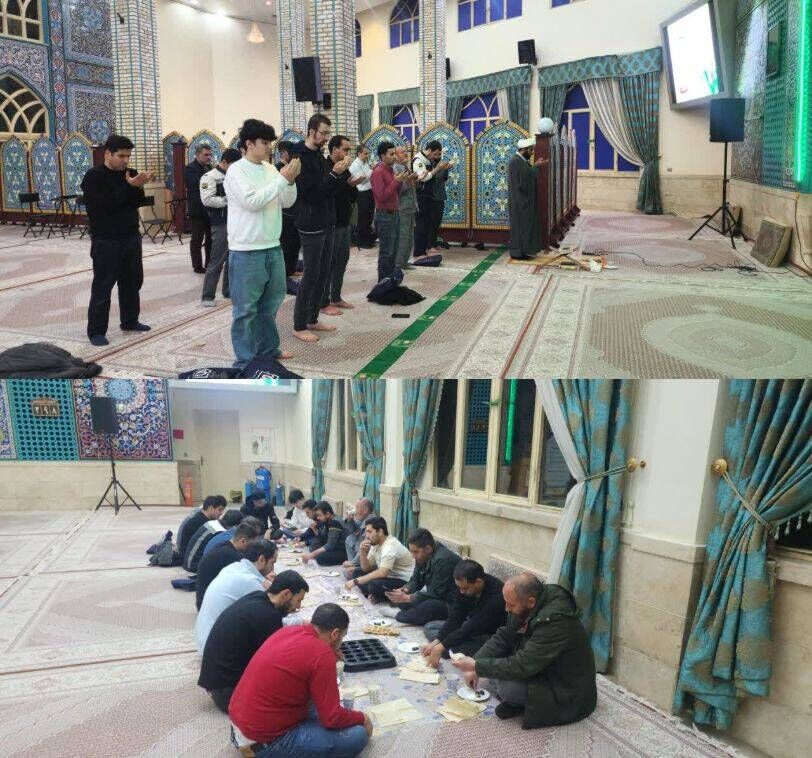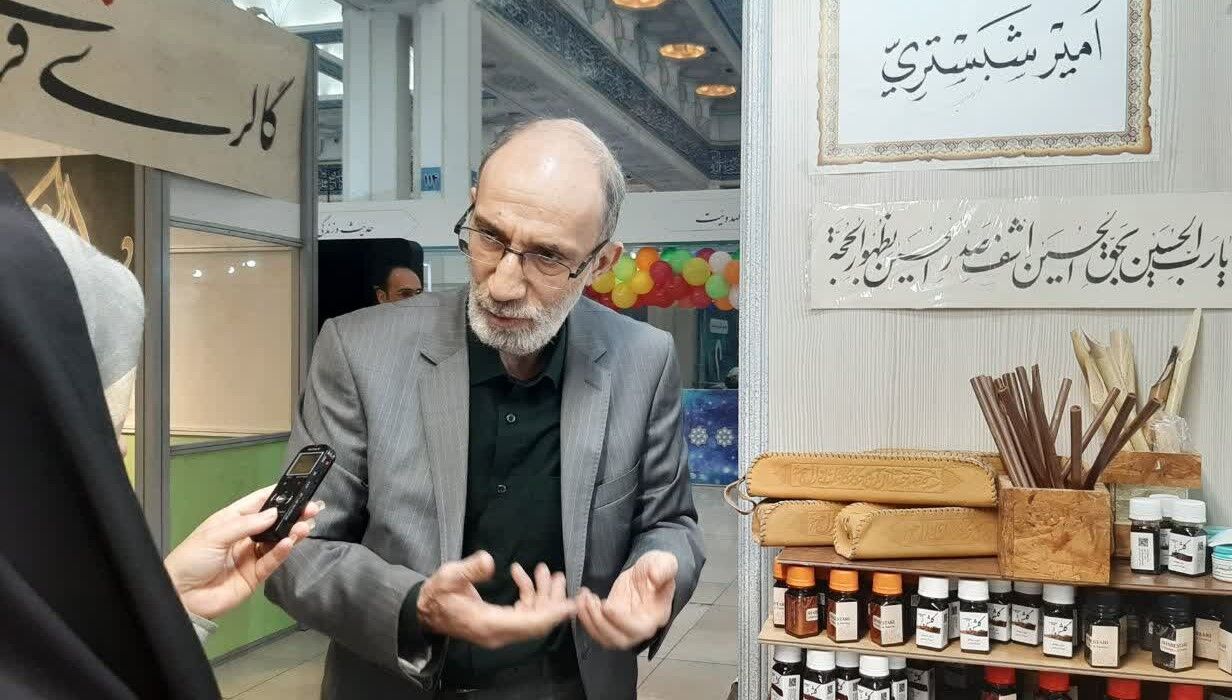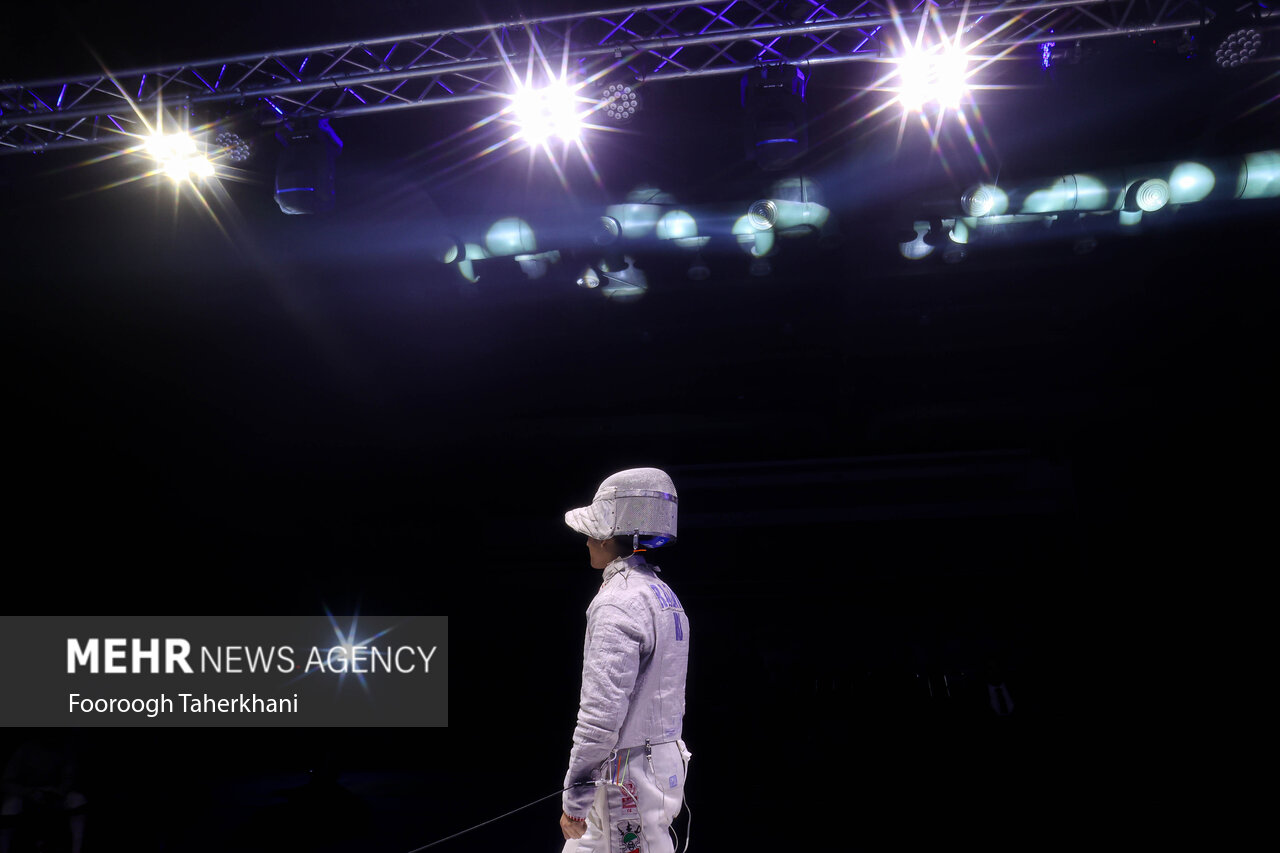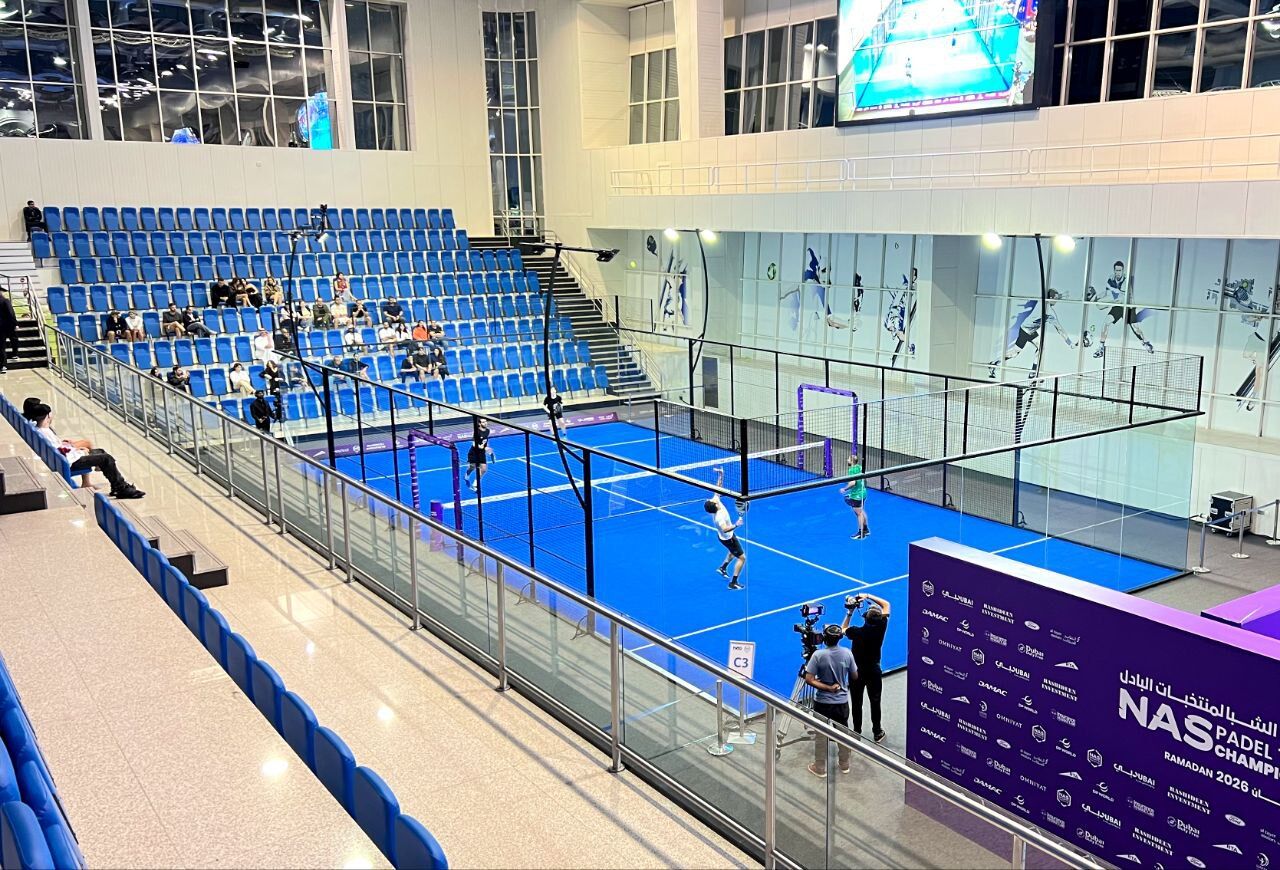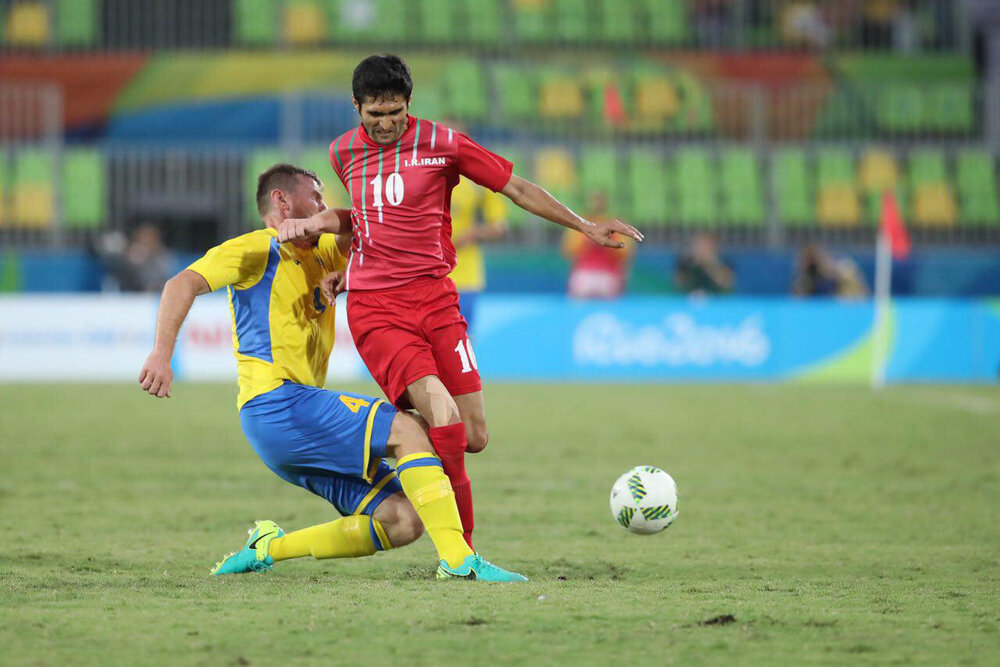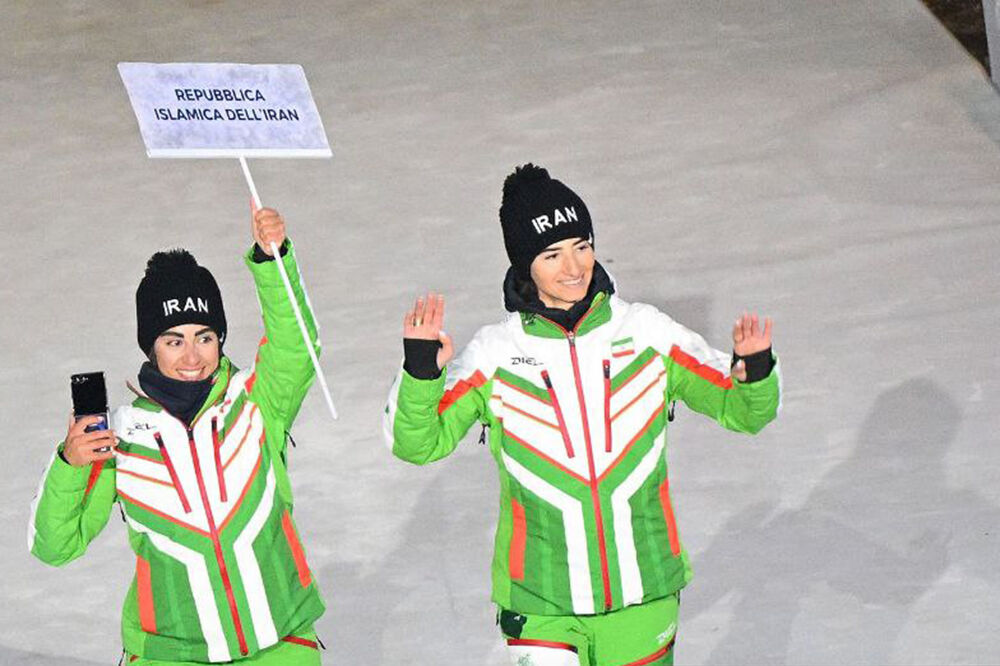Palestinian-Israeli opinion polls expose hollowness of Trump's 'Peace Plan'
Palestinian-Israeli opinion polls expose hollowness of Trump's 'Peace Plan'

“Tomorrow is Yesterday” is the title Robert Malley and Hussein Agha chose for their recent book on Israeli–Palestinian diplomacy: the idea that what appears new is merely the return of old patterns left unresolved.
The aftermath of Benjamin Netanyahu's genocidal war and Donald Trump's so-called "Peace Plan for Gaza" exemplifies this dynamic. What was once called “conflict management” has re-emerged on a far more devastating scale, and with neither side closer to resolution.
Rather than calming or healing their respective societies, the political systems on both sides have intensified fear, grievance and denial.
The Palestinian political system remains fragmented and fragile; Israel’s is consumed by struggles over legitimacy and a drift from flawed democracy towards authoritarianism. These dysfunctions predate the war but have hardened since it began.
This hardening is visible most starkly in public opinion.
Recent opinion surveys among Israelis and Palestinians show two societies drifting even further apart, with the war reinforcing rather than reshaping long-standing narratives of denial and retribution.
In Israel, large majorities now reject the idea that Palestinians have a right to statehood and regard the population of Gaza as collectively culpable for the 7 October attacks.
Among Palestinians, support for Hamas has risen, particularly in the West Bank, even as many in the Gaza Strip express anger towards both Hamas and Israel while prioritising basic survival and reconstruction.
The war has therefore not opened space for compromise or political renewal. Instead, it has deepened the sense of existential threat on both sides. The result is not only a military stalemate, but a psychological and political one.
Genocidal society
Israelis regard all Hamas members as murderers and the people ar0und them as legitimate targets.
As demonstrated by Yuval Abraham's and the Guardian investigations, every person that Israel knew held a position in the organisation was a target for attack, even at the cost of killing and wounding a high number of innocent people.
"There are no innocents in Gaza"- this was the view of 76 percent of Jews in Israel according to a survey by the aChord Centre at the Hebrew University from August.
And according to a survey by the Israel Democracy Institute on the second anniversary of the war, 72 percent of them believed that Palestinians have no right to a state.
The denial of the right to self-determination is another aspect of the dehumanisation of Palestinians by Israeli society.
Indeed, the dehumanisation prevailed prior to Hamas’ 7 October attack, primarily through a brutal siege on the Gaza Strip.
In the Israeli mind, Hamas's war crimes gave permission to turn the siege into a genocide.
In addition to damning UN evidence and conclusion that a genocide has been committed in Gaza by the Israeli army, much evidence supports the conclusion that Israeli society itself has become a genocidal society.
Yet, when we look across to Palestinian society, we find a very different, almost inverse, set of attitudes forming.
Dr Khalil Shikaki's survey from last month presents a mirror image of that of Israeli society.
Fifty-three percent of all Palestinians believe that Hamas's decision to launch the attack was correct (compared to 71 percent in March 2024).
The majority of Palestinians blame Israel for the destruction of the Gaza Strip and the killing, wounding and displacement of its residents.
Eighty-six percent of respondents do not believe that Hamas committed the war crimes that Israel attributes to it and that videos show them committing.
West Bank vs Gaza opinions
Moreover, 69 percent of Palestinians oppose a clause in the ceasefire agreement stipulating that Hamas must give up the weapons in its possession even if this leads to a resumption of the war.
Support for the disarmament clause is 18 percent in the West Bank and 44 percent in the Gaza Strip.
In other words, giving up weapons is perceived as complete surrender, or as relinquishing the right to self-defence against the Israeli adversary who does not lay down its far superior weapons.
As with other issues they were asked about, West Bank residents are more hardline and support Hamas at a higher rate than Gaza residents.
Voices coming from Gaza reflect anger and criticism of both Hamas and Israel together. But the first priority of many of them is to stop the war, find blankets and housing that will protect them in the approaching winter, and begin a rehabilitation journey. They prefer to settle the political account later.
Meanwhile, West Bank residents are exposed to settler and soldier violence. Unemployed from work in Israel, tens of thousands of them have been forced into exile from their homes, and the daily lives of the entire public are disrupted because of hundreds of closures imposed on them since the start of the war.
The ceasefire has not led to the removal of the roadblocks, and the olive harvest season has intensified settler and army violence.
The majority of the Israeli public and its political system ignore the simmering distress in the West Bank just as they ignored the distress of Gaza residents before the war.
'Inconceivable' talks with PLO
"Inconceivable" was what right-wing politicians loved to say in the 1980s. "It is inconceivable to conduct negotiations with the terrorist organisation Palestinian Liberation Organisation," they often said.
Even today, the political imagination of Israelis and the European diplomatic establishment is limited. They are unable to conceive of a moderation of Hamas and the organisation's return to the 2017 Document of Principles and Policies.
They also ignored the Beijing Document, signed by Hamas, Fatah, and 12 other Palestinian organisations, which includes agreement on establishing a Palestinian state based on Partition Resolution 181.
Notably, the Beijing Document contradicts the Islamic Charter. Whereas the Charter frames the conflict with Israel only in uncompromising Islamic terms, the Beijing agreement, and previously Hamas' Principles and Policy Document of 2017, relate to the conflict as political and explicitly accepts the two-states solution.
Fatah led the PLO to approve the UN partition plan of 1947 and include it in its Declaration of Independence of 1988. Until the Beijing agreement, Hamas had refrained from explicitly committing to it.
Yet, at the time of its signing and today, no one in the Israeli and European political establishments refers to the Beijing Document.
Even the Quartet's conditions from 2006 for integrating Hamas into a political process have evaporated from European discourse.
The 7 October attack serves for Israelis as proof that Hamas adheres to the Islamic Charter and is part of the global movement of the Muslim Brotherhood, or even the Islamic State (IS). In contrast to them, members of Fatah who are in contact with the Hamas leadership believe that the movement can change, and in order to survive politically, it will do so.
The support of the majority of the Palestinian public for the movement can encourage it to go down this path, just as the masses' support for the PLO in the First Intifada brought the organisation to accept, on its own initiative in 1988, the partition resolution for two states: Palestine alongside a Jewish state.
Is Hamas victorious?
Israelis believe that the Israeli army defeated Hamas. This is the revised version of the "absolute" victory that Netanyahu promised.
The fragility of the absolute victory is evidenced by Shikaki's survey.
Support for Hamas among the Palestinian public actually increased during the war. Thirty-five percent prefer Hamas over Fatah, which is supported by only 24 percent. Israel failed to eliminate Hamas.
Will Hamas emerge victorious from the war? The percentage of Palestinians who believe so is declining, 39 percent compared to 67 percent 15 months ago.
But in the narrative that Hamas is developing, it does not claim to have won but rather to have heroically survived and inflicted losses on the enemy.
This narrative is reminiscent of the narrative that the PLO developed in the 1982 war when it was expelled from Beirut at its end. In both cases, the narrative glorifies the sacrifice of the Palestinian public who became a target by the evil Israeli forces.
Trump's plan and PA rule
Opposition figures in Israel and European diplomats warmly recommend integrating the Palestinian Authority (PA) into the management of the Gaza Strip. For them, the PA is a substitute for Hamas and has public legitimacy.
Apart from colonial patronage that tries to dictate to Palestinians in Gaza who will rule them, they ignore the fact that the majority of Palestinians do not support this. Shikaki's survey shows public opposition to giving the PA an executive role and a preference that the Strip's management be in the hands of professionals or figures who are not politically identified.
It is possible that on this point the position of Hamas leaders is more flexible than public opinion, and they are willing to see a local person identified with the PA in an executive role. This would give expression to the unity of the Strip and the West Bank, in contrast to Israel's separation policy since 2007.
The miserable performance of the PA, as a subcontractor of Israeli apartheid, and the corruption rampant in it are clear to Palestinians. Eighty percent of them demand that PA President Mahmoud Abbas resign.
This is underlined by the fact that Abbas' deputy, Hussein al-Sheikh, who was appointed in coordination with Israel and the US, received little support (single-digit percentages) and so was not even included in the survey.
The list is led by Marwan Barghouti with 39 percent.
Regarding Trump's plan, 68 percent of Palestinians oppose the deployment of military forces from Arab and Islamic countries in the Gaza Strip whose mandate includes disarming Hamas.
In contrast, this receives support from opposition parties in Israel and civil society organisations such as the Coalition for Regional Security and Mitvim.
When Palestinians were asked about the deployment of forces from Arab and Islamic countries whose mission does not include confiscating the weapons held by Hamas but rather border protection and internal security, the majority of Gaza Strip residents supported this. However, it should be noted, 60 percent in the West Bank opposed it.
While Israel wants to impose on the Palestinians re-education, demilitarisation, and rule of its choosing, the majority of Palestinians prefer to hold general elections within a year of signing the ceasefire. This is even if Israel does not allow East Jerusalemites to vote in the neighbourhoods it annexed.
It is important to note that this was Hamas's position in 2021, when Abbas, under Israeli and American pressure, used the Israeli refusal to allow Jerusalem voting as an excuse to postpone the elections and blow up the agreement between the two movements.
Also today, the majority of Palestinians want to achieve political unification of the West Bank and Gaza and rebuild the PA political institutions in order to continue the struggle for independence.
Sixty-three percent of them oppose Abbas's position that conditions Hamas's participation in elections on accepting all the agreements with Israel. They want to see Hamas integrated into the leadership despite their criticism of Hamas's functioning before and during the war.
The disappointment with the PA and Abbas is greater, and the blood account with Israel is greater than their criticism of Hamas. They have no illusions. Most of them are certain that the current PA leadership is not interested in elections just as Israel rejects them. From different directions, the interest of the political establishment in the PA meets the Israeli interest.
The gap between the Gaza Strip and West Bank data in Shikaki's survey may lead Israel to the conclusion that it must act in the West Bank in a similar way as it has in Gaza, particularly if a severe attack emanates from there.
Moreover, the government and society in Israel suffer from cognitive dissonance due to the gap between their expectations from the war in the Gaza Strip and its results. Jewish supremacy is still searching for a forceful resolution to the historical conflict with the Palestinians.






